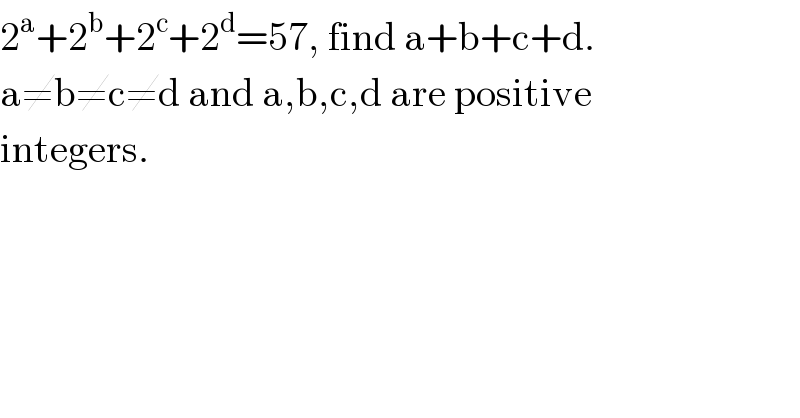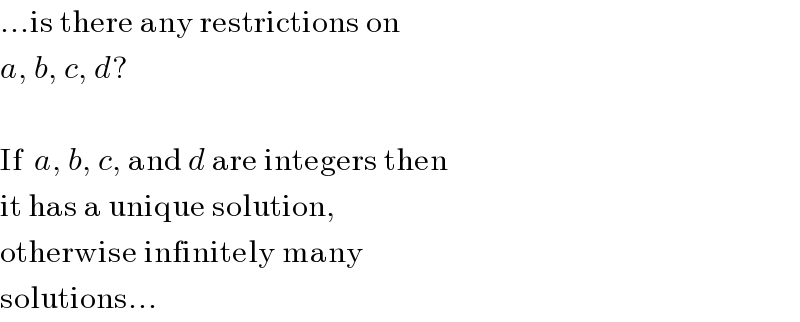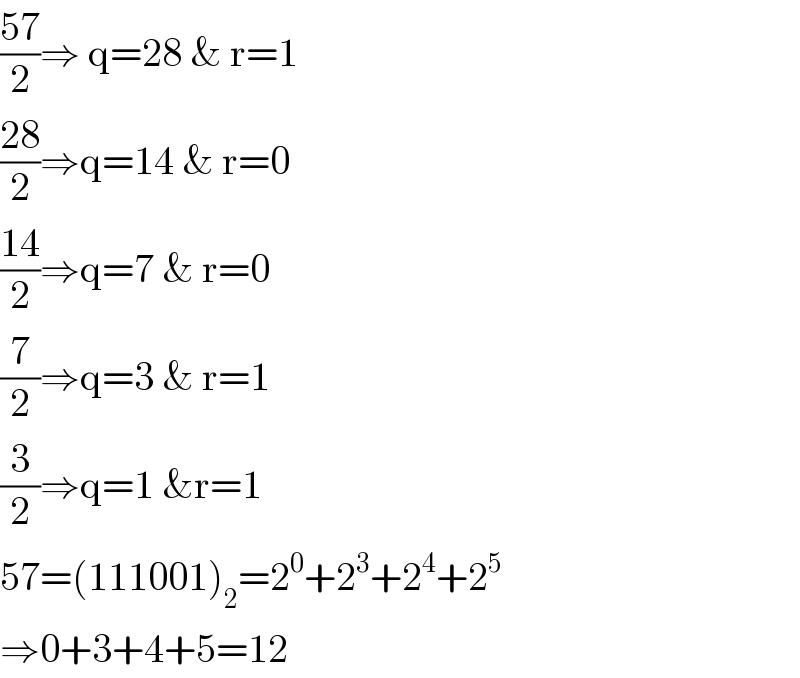
Question and Answers Forum
Question Number 113372 by Aina Samuel Temidayo last updated on 13/Sep/20

Commented by udaythool last updated on 13/Sep/20

Commented by Aziztisffola last updated on 13/Sep/20

Answered by bemath last updated on 12/Sep/20

Commented by Aina Samuel Temidayo last updated on 12/Sep/20

